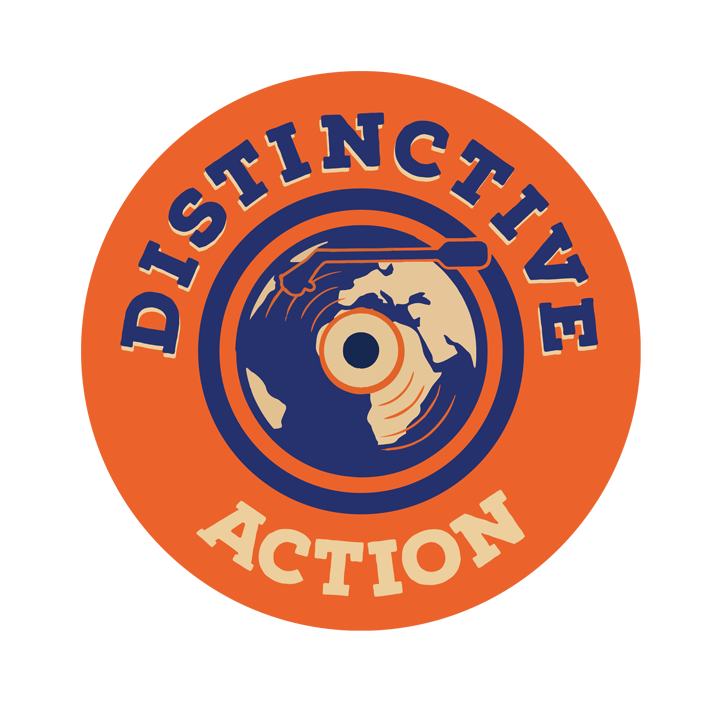


Established in 2020, Distinctive Action introduces #INVISIBLEBAG as an alternative solution for brands and manufacturers to replace conventional plastic bags. It aims to reduce environmental pollution by designing innovative products made of biodegradable and compostable materials, as well as empowering the public to embrace a plastic-free lifestyle.
The Challenges
According to the data in 2019, plastic waste accounted for 21% of municipal solid waste in Hong Kong. An average of 2,320 tonnes of plastic waste is disposed of every day, with plastic bags contributing to 6.9% (768 tonnes) of the daily municipal solid waste (EPD 2019). Despite the rise of local recycling activities on plastics in 2019, only 8% of plastic recyclables’ recovery rate is insufficient to minimize the environmental impact and make our community sustainable (EPD 2019). While the decomposition of plastics takes hundreds of years, chlorinated plastics contain harmful substances that contaminate the surrounding soil (WWF 2018). Plastic pollution also poses a major threat to wildlife, causing deaths of animals due to entanglement and consumption of plastics. Following the outbreak of COVID-19, over 100 million pieces of single-use plastic cutlery and plastic bags are dumped in the landfills every week in Hong Kong (SCMP 2020). To address the problem, it is more crucial than ever to reduce the consumptions of plastics in order to build a sustainable future.
The Solution
Distinctive Action offers the water-soluble #INVISIBLEBAG to replace plastic packaging and consumption. #INVISIBLEBAG is made of Polyvinyl Alcohol (known as PVA) together with starch, glycerine and water, which is biodegradable and water-soluble. After pouring hot water with 80°C or above, it dissolves quickly without forming microplastic or leaving any harmful residue. Dissolution in cold water is also possible at a slower rate.
Moreover, #INVISIBLEBAG has received the certifications of ASTM D6400, EN 13432 and GreenPla by meeting the standards of eco-toxicity, compostability and biodegradability. Broken down by microorganisms under natural settings, it can be decomposed within 180 days and ultimately become carbon dioxide and water. By passing the Estrogen Equivalent (EEQ) Test conducted in Hong Kong, it has also been proven non-toxic and environmentally safe.
The Impact
#INVISIBLEBAG is now available for online purchase, including garment bags and shopping bags. Following the introduction of #INVISIBLEBAG, Distinctive Action has replaced more than 700,000 conventional plastic packaging by cooperating with 200 brands such as Green Monday in Hong Kong. In addition, Nike Hong Kong has recently used #INVISIBLE shopping bag for the charity event with Stephanie Au, a Hong Kong Olympian swimmer; all proceeds go to the NGO A Drop Of Life. Being widely recognized by the community, Distinctive Actions has partnered up with NGOs, social enterprises and local schools to spread the message of sustainable living. Apart from advocating for a plastic-free lifestyle in Hong Kong, their products have successfully reached countries worldwide, including the United Kingdom, Colombia and India. To maximize its impact, Distinctive Action is now working closely with the R&D team to develop plastic-free material for food packaging, further tackling the problem caused by plastic pollution.
Reference
EPD "Monitoring of Solid Waste in Hong Kong: Waste Statistics for 2019." Waste Data & Statistics, Waste Reduction Website, Environmental Protection Department, Hong Kong, November 2019. https://www.wastereduction.gov.hk/sites/default/files/msw2019.pdf. Accessed 8 March 2021.
Hong Kong third wave: surge in plastic waste calls for green unity. Letters, South China Morning Post, Hong Kong, August 2020. https://www.scmp.com/comment/letters/article/3096163/hong-kong-third-wave-surge-plastic-waste-calls-green-unity. Accessed 8 March 2021.
The lifecycle of plastics. Newsroom, WWF, Australia, June 2018. http://www.wwf.org.au/news/blogs/the-lifecycle-of-plastics#gs.vivr9c/. Accessed 8 March 2021.